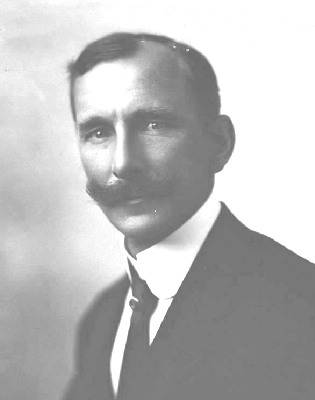
Charles Schenck, and American Socialist, began spreading posters and mailing draftees about dodging the draft at the start of The Great War. Schenck believed that the draft was a direct violation of the thirteenth amendment, as he interpreted it as demanding "involuntary servitude". He urged his targets to support his cause by petitioning the Conscription Act. Because of this, Schenck was charged with promoting insubordination in the military as well as violating the espionage act, which declared it illegal to interfere with military efforts, war efforts, or recruitment. During the trial, Schneck argued that he maintained the freedom of speech with the first amendment, making his efforts legal. However, the court decided against him in a unanimous decision, saying that in this case he did not maintain freedom of speech as it presented a "clear and present danger". Many recognized that during a war time such as this, the government expanded its power over the people. This decision was later overturned.
 The Sedition Act of 1918 limited freedom of speech far past what was normal. It made it illegal to cast one's personal opinion on governmental action. Thousands were prosecuted over this before it was overturned.
The Sedition Act of 1918 limited freedom of speech far past what was normal. It made it illegal to cast one's personal opinion on governmental action. Thousands were prosecuted over this before it was overturned.
No comments:
Post a Comment